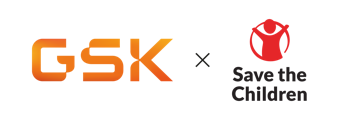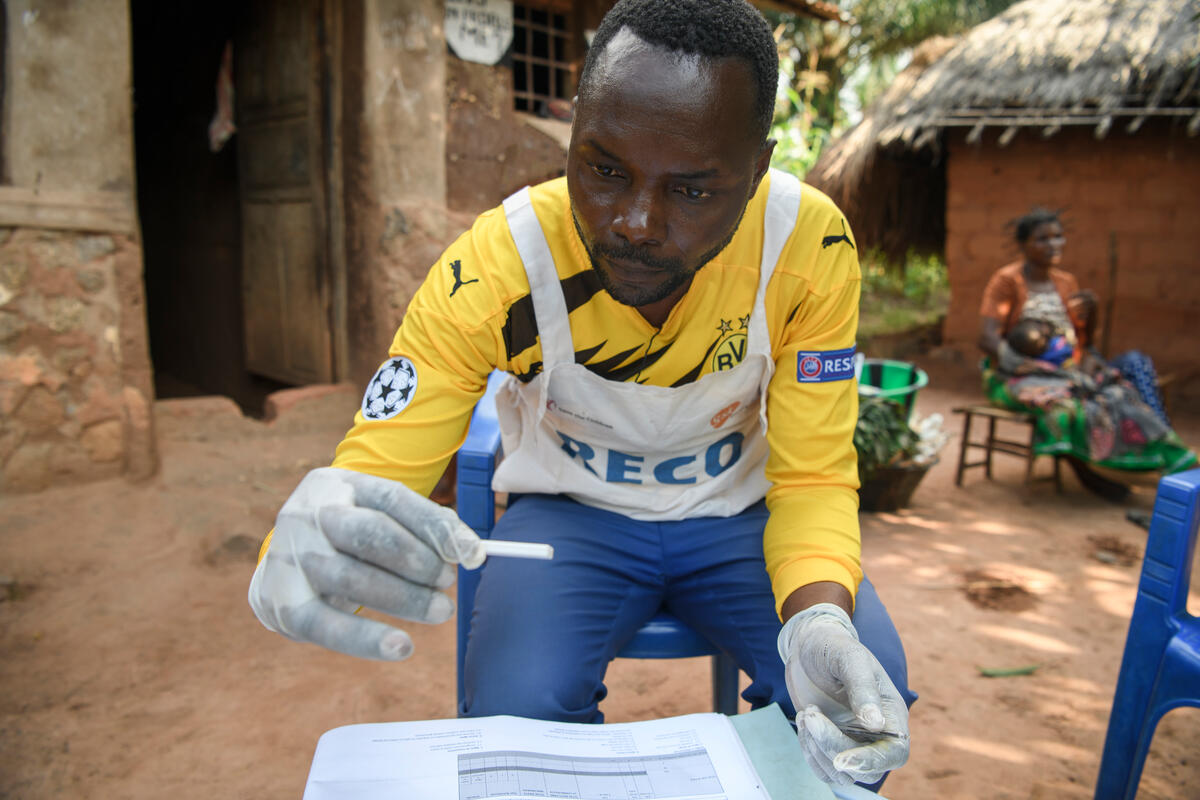“When I am in the fields, I am happy to see the fruit of my harvest. And when I am with the sick, I am excited to care for them,” says community healthcare worker Mbuyi Mutombo Stanny.
As a Community Health Worker, Stanny works in his community in Kasaï-Oriental Province caring for youngsters aged two months and up, some suffering from tuberculosis, malaria, fevers, stomach aches and coughs.
Along with treating illnesses, he also plays an active role in preventative healthcare. “We do not miss an opportunity to advise parents,” he explains. “We also raise awareness in the homes, which allows us to find the sick. In the case of serious cases, we transfer them to the health centre for more appropriate care.”
The construction of the health centre has had an enormous impact on the village. “If this site did not exist, we would have had many deaths in the village,” says Stanny. “The mortality rate of children was 80% before the creation of this site.”
Stanny, who was chosen by the villagers to become a Community Health Worker, says they suffer from some equipment shortages – such as bins and boots – but do their “best to meet the needs of the community”.
“I do a great job for our village, taking care of my relatives and other members of the community. In addition, I have knowledge about many things – that’s my advantage.”






